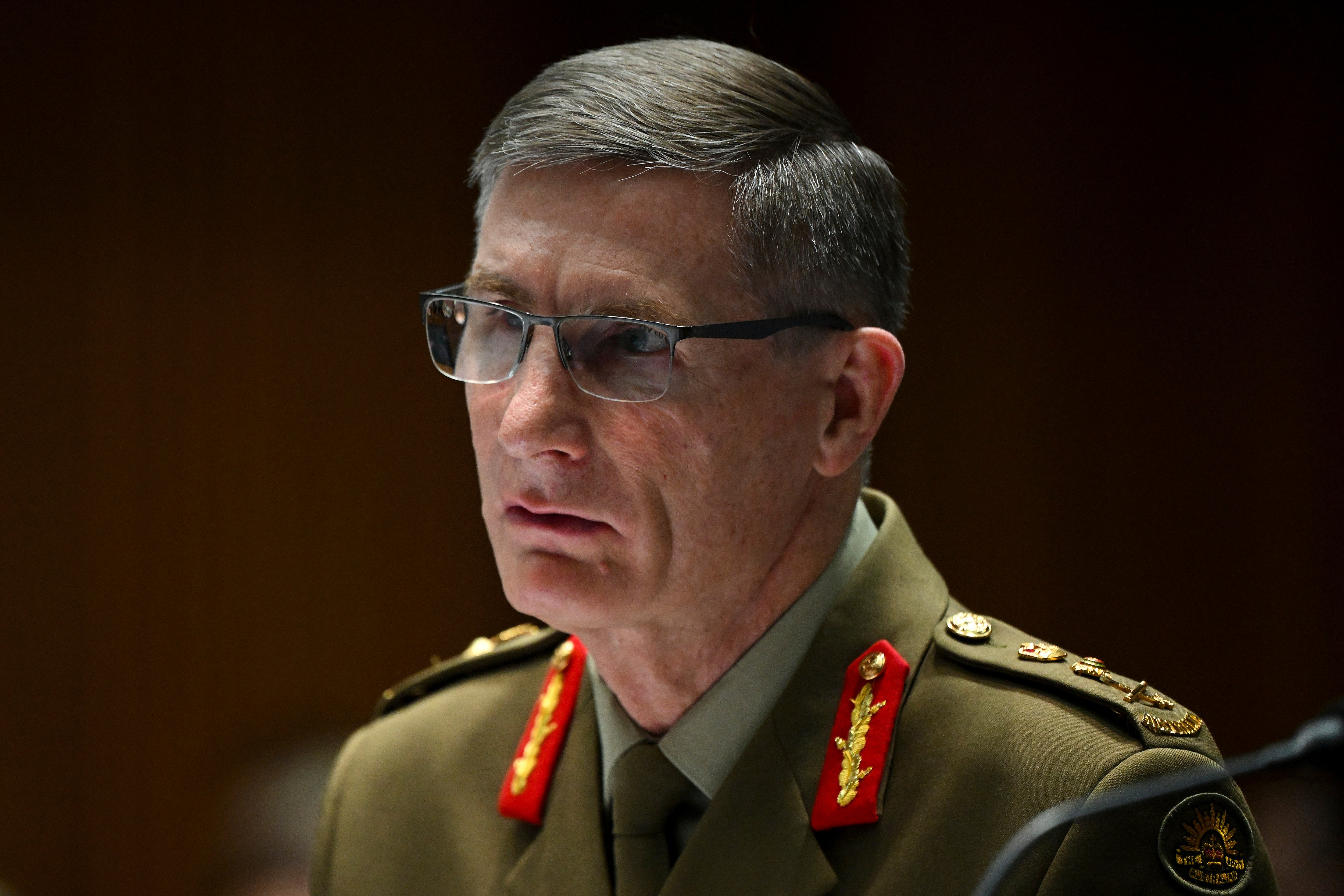Australian general says US warns war crime allegations could prevent work with Australia's SAS
Australia’s defense force chief says the U.S. government has warned that allegations of war crimes against Australian soldiers in Afghanistan could prevent U.S. forces from working with Australia’s Special Air Service Regiment

The U.S. government warned that allegations of war crimes against Australian soldiers in Afghanistan could prevent U.S. forces from working with Australia’s Special Air Service Regiment, Australia’s defense force chief said on Wednesday.
Gen. Angus Campbell told a Senate committee that he received a letter from the U.S. defense attache in Canberra in March 2021 suggesting the elite SAS may have been “tainted” by the allegations of war crimes in Afghanistan raised in an Australian war crime investigation report that was made public in 2000.
Campbell said “one individual” had his “posted position adjusted” following the letter.
The letter warned that the Brereton report, which detailed “credible information” that Australian soldiers had unlawfully killed 39 Afghan prisoners and civilians, could trigger a U.S. law that prevents the country’s military working with units linked to “gross violations of human rights.”
“I received a letter from the defense attache of the United States Armed Forces based in Canberra, to me, indicating that the release of the Brereton report and its findings may initiate Leahy Law considerations,” Campbell said.
Campbell said he did not believe he informed the defense minister at the time and had not informed the current defense minister, Richard Marles.
Campbell was quizzed by senators on why he had not advised successive governments about such a letter from Australia’s most important security treaty partner.
Independent Senator Jacqi Lambie asked whether the government should have been advised of such a “pretty big matter.”
Campbell replied: “I think there’s a difference between ‘may’ and ‘does.’ So the defense attache was indicating that it ‘may,’ rather than it ‘does.’”
“I don’t think this was an issue advised beyond" Campbell said.
Marles' office did not immediately respond to a request for comment.
Police in March charged the first Australian veteran for an alleged killing in Afghanistan, three years after the Brereton investigation found that 19 Australian special forces soldiers could face charges for illegal conduct during the conflict.
Former SAS trooper Oliver Schulz, 41, was charged with the war crime of murder in the death of an Afghan who was shot in 2012 in a wheat field in Uruzgan province.
A Federal Court judge will rule on Thursday in a defamation case brought by Australia’s most decorated living war veteran, Victoria Cross recipient and former SAS trooper Ben Roberts-Smith, against three Australian newspapers that he alleges depicted him as a criminal who broke the moral and legal rules of military engagement in Afghanistan.
Police are working with the Office of the Special Investigator, an Australian investigation agency established in 2021, to build cases against elite SAS and Commando Regiment troops who served in Afghanistan between 2005 and 2016.
More than 39,000 Australian military personnel served in Afghanistan during the 20 years until the 2021 withdrawal, and 41 were killed there.
Bookmark popover
Removed from bookmarks